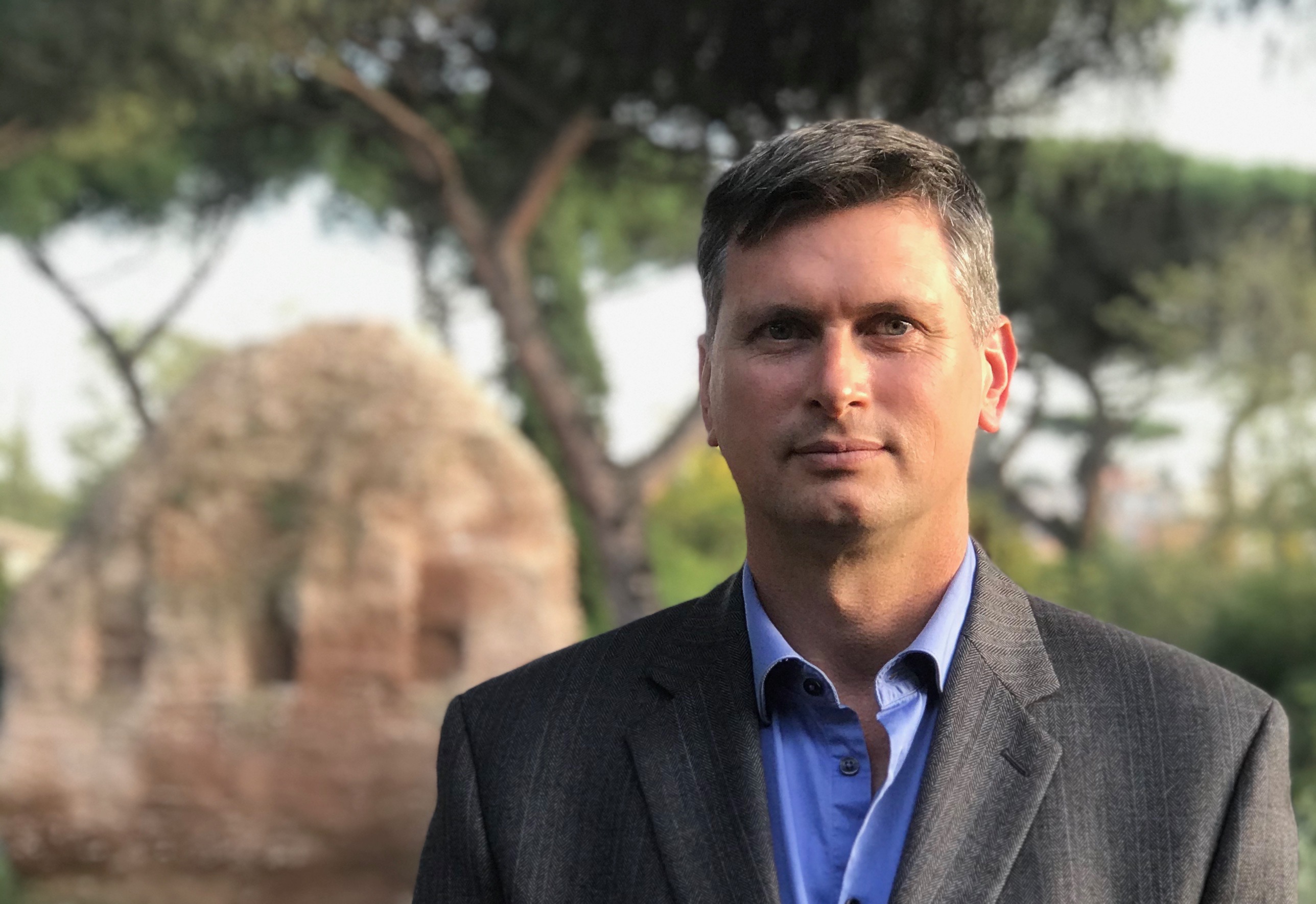How do you want your staff to refer to their recovery?
Steve Dennis – September 21 , 2021 – 6 min read

Survivor Centric Support is a must for effective victim recovery.
It is becoming, thankfully, less acceptable to openly blame victims than in years past. It is offensive to ask, “What were you wearing?” to victims of sexual assault, or, “Why didn’t you exercise your right to withdraw?” to humanitarian aid workers who are victims of insecurity. While people may blame less often, survivors still face victim burdening.
Victim blaming, defined as when “the victim of a crime or any wrongful act is held entirely or partially at fault for the harm that befell them”, differs from victim burdening. Victim burdening occurs when an unrealistic expectation is placed on someone to plan, lead and implement their own recovery project.
Critical incidents are often sudden and sizeable disruptions to ones life. Surviving a critical incident can lead people to an unknown world where they lack expertise and find themselves disoriented in a landscape of uncommon vocabulary and concepts related to medical rehabilitation, mental health awareness and treatment, mediation, fundraising, insurance procedures, as well as sometimes the legal landscape of Duty of Care. In essence, survivors are burdened to gain new competencies and complete unfamiliar tasks to achieve their multi-dimensional recovery.

Too many victims of incidents are being left adrift and alone by the burdens placed on them by their employers, insurers, as well as the complexity of the situation they are in.
At the exact time when a survivor is expected to learn to navigate a completely new world of organizing their own recovery, they are often held back by the fog of trauma. This fog can leave them unable to function at their usual level, create a sense of helplessness, and dampen motivation. These factors can significantly hamper their recovery.
Few survivors have the necessary knowledge and experience to navigate the recovery landscape. Impairments from their injuries, as well as new and lengthy procedures, may burden them such that recovery is slow, minimal, paused, or ends prematurely. Too many victims of incidents are being left adrift and alone by the burdens placed on them by their employers, insurers as well as the complexity of the situation they are in.
Support personnel who are not aware of the concept of victim burdening may inadvertently add to the barriers to recovery that survivors face. They may also miss opportunities for quicker and better healing.
Asking a survivor with PTSD to articulate and pursue their specific recovery needs when they are over-stressed by trauma triggers, and their hyper-vigilant subconscious doesn’t allow them sufficient sleep, is a prime example of victim burdening. Instead, support personnel need to work with survivors to reduce the fog of trauma that often blocks their progress. Who best to plan and implement a holistic recovery strategy? Usually not the sleep deprived, distracted and traumatized survivor who has suddenly found themselves in the role of survivor and recovery manager.
Many challenges and burdens are placed on survivors, often at times when they feel least equipped to deal with these demands. Pain management from a physical injury, relationship strain from continuing effects of PTSD, the sustained focus required for complicated insurance procedures are examples of the many tasks survivors are forced to endure and may find overwhelming. A Survivor Centric Support approach provides a holistic assessment that can identify and reduce or remove some of these challenges and burdens. Removing these stressors can allow faster progress when addressing the remaining tasks.
A few examples to off load burdens from survivors :
- Mobilize independent and trusted survivor advocate/ recovery coach case management services, to work alongside the survivor to take action on victim burden reduction,
- Hire a medical advisor to assist a survivor in understanding treatment approaches to complicated medical injuries,
- Establishing a roster of trauma (or other) psychologists that understand the work of the organization who can be mobilized to give relevant psychological and/or psycho-social support,
- Streamline insurance or other financial procedures such that payments for recovery professionals are straightforward and minimally involve the survivor,
- Adopt a “trust first” approach to extend extra support to survivors, either during lengthy processes of evaluating their injuries, to pay for support services they may require, or to cover added requested time off,
- etc.
The survivor may be the world’s best expert on their own individual fears and pains, however they are all too often the least equipped, at that moment in their life, to set goals, motivate action and steer recovery by themselves. The objective of a Survivor Centric Support approach is to maximize the focus of support on the needs of the survivor (both from their input and recommendations from relevant experts) and minimize the burdens placed on the survivor to fulfil those needs.
Minimizing victim burdens in a Survivor Centric Support approach can get a survivor back on their feet better and quicker and back to meaningful work earlier. This approach also gives a message to other staff that the organization will support them, even through difficult and traumatic incidents. Getting this support approach wrong can unnecessarily prolong recovery, create a negative environment for staff and teams, have lasting negative impacts on survivor mental health and, in worse situations, lead to conflict between staff and their organizations, or end careers.
Doing the right thing for your survivors, includes reducing victim burdens.
Steve Dennis Consulting helps organizations support their people recover from injury faster and better.
Contact Steve Dennis for more information on how we can help you.
